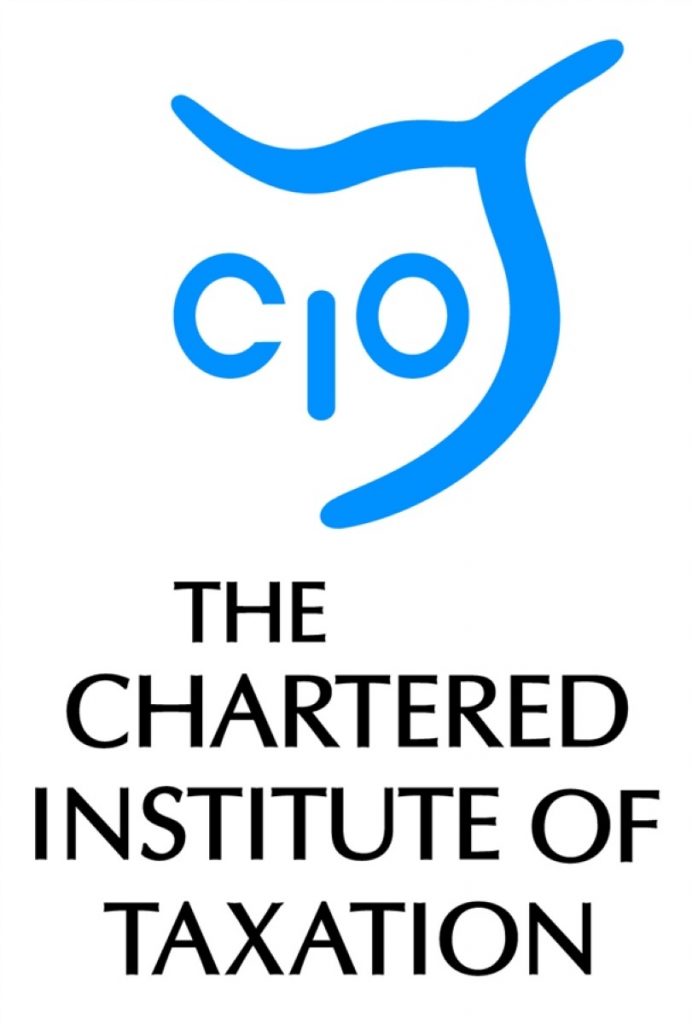By Maric Glaser
The European Commission must ensure that its proposed changes to VAT set out in its action plan do not harm the cash flows of businesses of all sizes and avoid increasing companies’ already significant compliance burdens.
Earlier this month, the Commission published an Action Plan on VAT, a step towards a single VAT area. It would see the European Union treated as a single VAT area for cross-border supplies, i.e. VAT would be charged on supplies of goods both locally within the Member State where the supplier is established and supplies to businesses in other EU Member States. This it hopes will make the system more robust against cross-border VAT fraud. It would see a more flexible policy on EU rules governing VAT rates.
The single European VAT system would be based on the ‘destination principle’; that is goods and services would be taxed in the country where they are consumed. The action plan would see VAT being paid on all transactions (with a few exceptions) and then recovered from the EU member state where it was incurred if the goods were used to make taxable supplies of goods and services.
Let me be candid in this blog and say that some member states have, in the past, been tardy in refunding VAT to businesses outside their country. While understandably tax authorities want to see the tax collected in the first place and may be concerned to ensure that only VAT that is properly repayable is repaid, the right to deduct promptly is a fundamental principle of the VAT system and therefore the new proposals must not discriminate between the treatment of local businesses’ and those in other EU countries
Supplies of goods by a business in one EU member state to a business in another, are currently not taxed in the supplier’s country; instead the recipient of the goods is required to account for VAT using a process known as ‘reverse charge’. However, this process has enabled fraudsters to set up entities that acquire goods VAT free, supply them to other businesses and then not pay the VAT due to tax authorities – known as ‘missing trader’ fraud.
Fraud is a huge problem in tax but it needs to be remembered that measures to counter fraud should target the fraudsters and not those businesses that unwittingly deal with them. Tax collected from compliant business rather than from fraudsters from whom it is due does not enforce compliance. It simply narrows the base of people from whom the shortfall is collected.
The proposals follow discussions in the European Commission’s VAT Expert Group, on which the Chartered Institute of Taxation has been represented for over three years. The proposals have a long way to go before being adopted so there will no doubt be an opportunity to comment to the Commission on the precise proposals in due course.
In conclusion, the new system aims to both simplify the treatment of sales of goods from a VAT perspective and to reduce the ever increasing criminal activity aimed at milking the VAT system. They are excellent motivations. While I welcome moves towards simplification, I hope this will not be at the expense of imposing extra burdens on compliant business.
Maric Glaser is a Technical Officer of the Chartered Institute of Taxation and a member of its Indirect Taxes Sub-committee





-01.png)